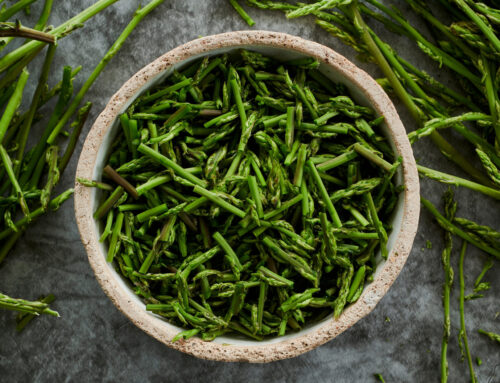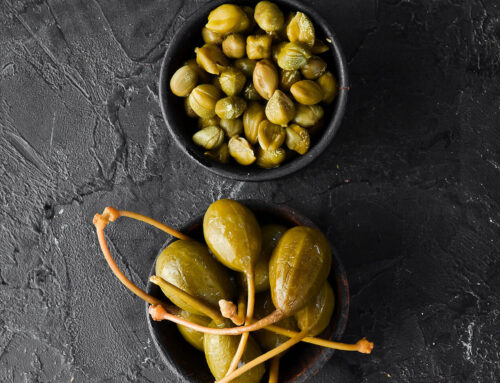A Flavorful and Medicinal Greek Superfood
Sage, also known as “faskomilo” in Greek, is a perennial herb native to the Mediterranean region, including Greece. Prized for its aromatic and flavorful leaves, sage has been used for centuries in Greek cuisine, traditional medicine, and religious rituals.
Sage: A Time-Honored Greek Tradition
Sage has a long history in Greek culture, dating back to ancient times. The herb was believed to possess powerful medicinal properties and was used to treat various ailments, from digestive issues to respiratory problems. Sage was also associated with wisdom and longevity, and its name is derived from the Latin word “salvare,” meaning “to save” or “to heal.”
Nutritional Profile
Sage is a nutrient-dense herb, providing a rich source of vitamins and minerals, such as vitamin K, vitamin C, calcium, and iron. It is also abundant in essential oils, polyphenols, and other bioactive compounds, such as rosmarinic acid, which contribute to its numerous health benefits.
Health Benefits
The consumption of sage has been linked to several health benefits, including:
Cognitive Health
Sage has been shown to improve memory and cognitive function, potentially reducing the risk of neurodegenerative diseases such as Alzheimer’s disease.
Antioxidant Protection
The powerful antioxidants in sage help combat oxidative stress, protecting the body against cellular damage and chronic diseases.
Anti-Inflammatory Properties
Sage contains compounds with potent anti-inflammatory effects, which may help reduce inflammation and alleviate conditions such as arthritis and asthma.
Digestive Health
Sage has been traditionally used to soothe digestive issues, such as bloating, indigestion, and gastrointestinal spasms.
Culinary Uses
Sage is a versatile and aromatic ingredient in Greek cuisine, used in both fresh and dried forms. Its unique flavor and aroma complement a wide range of dishes, from meat and poultry to vegetables and legumes. Sage can be used to season roasted meats, added to marinades and sauces, or incorporated into herbal teas and infusions. It is also a key component of the popular Greek herbal tea blend “mountain tea,” which combines various wild herbs native to the Mediterranean region.
Supporting Local Producers and Sustainable Practices
Sage is often cultivated in home gardens and collected from the wild in Greece, contributing to the preservation of local biodiversity and traditional knowledge. By choosing sage and supporting local producers, you can help protect this cultural heritage and promote the sustainable development of the Greek agricultural sector. When purchasing sage, consider opting for organic or sustainably-produced products, which not only benefit your health but also support environmentally-friendly practices.
Sage is a flavorful and medicinal Greek superfood that offers a unique combination of taste, health benefits, and cultural significance. By understanding its distinct properties and incorporating it into your diet, you can fully appreciate the role of sage in Greek culture. Culinary arts students, chefs, researchers, and food enthusiasts can all benefit from embracing this antioxidant-rich, healing herb in their cooking and dietary practices, adding a touch of Greek tradition and healthful nourishment to their meals. Supporting local producers and sustainable practices ensures the continuation of this ancient culinary and medicinal ingredient and its positive impact on Greece’s agricultural heritage and local communities.



